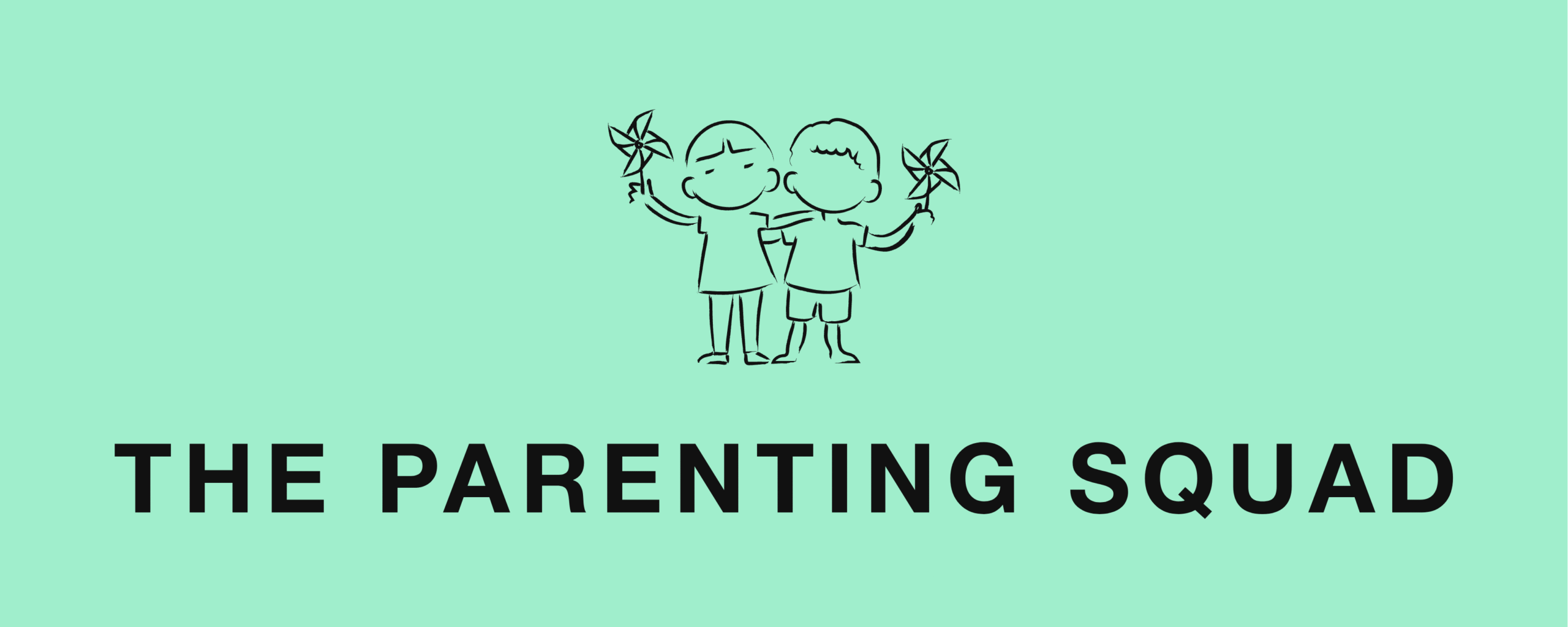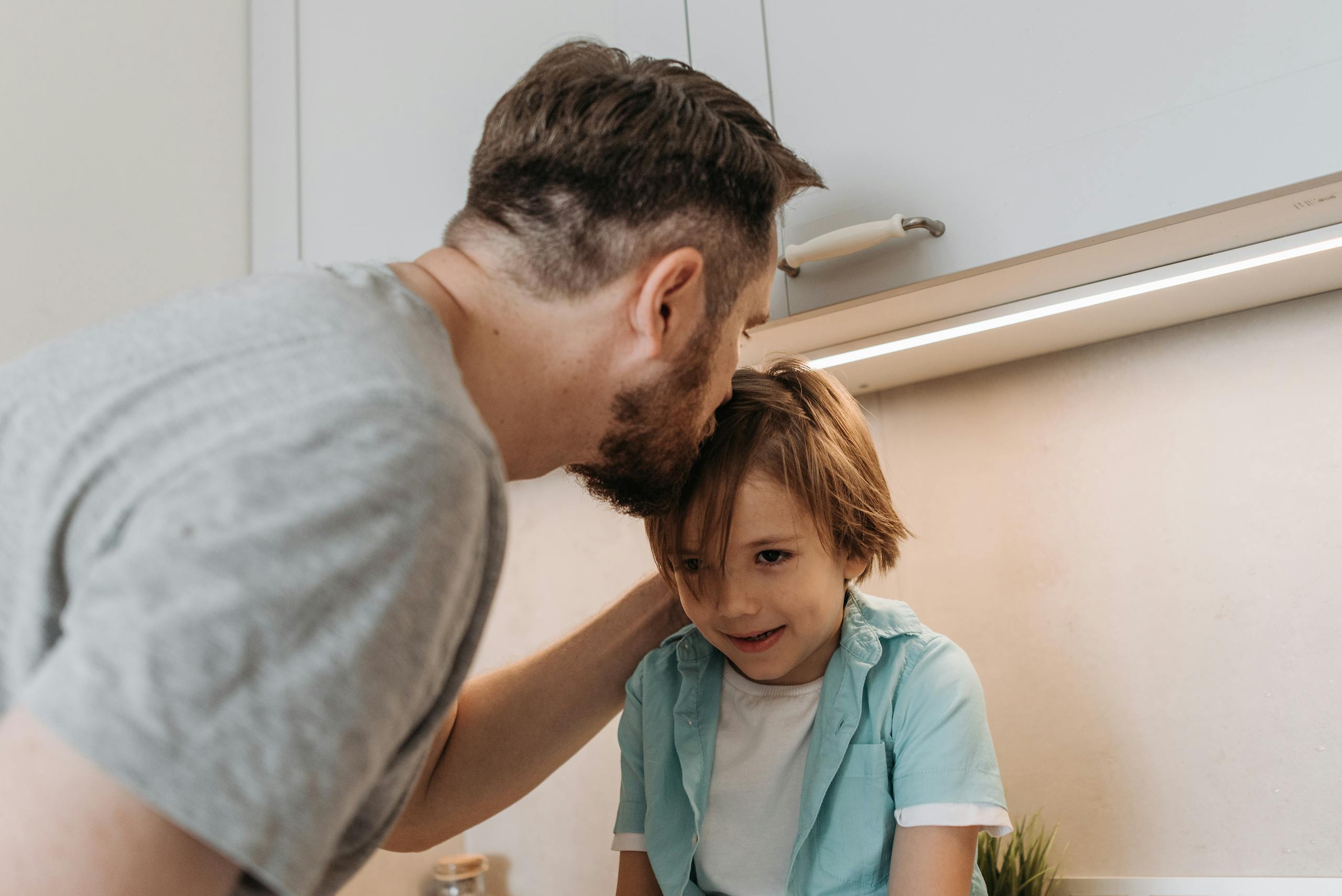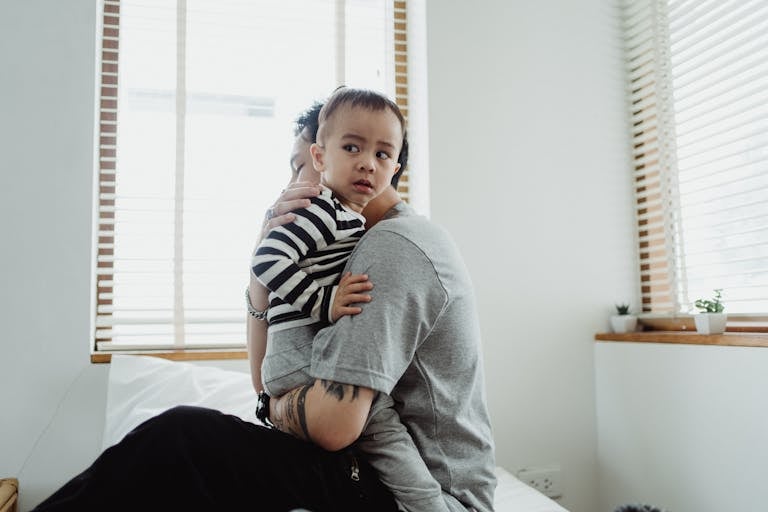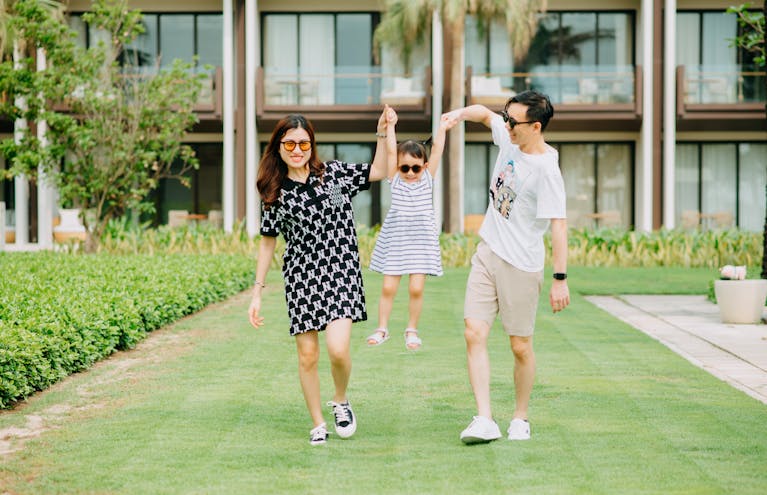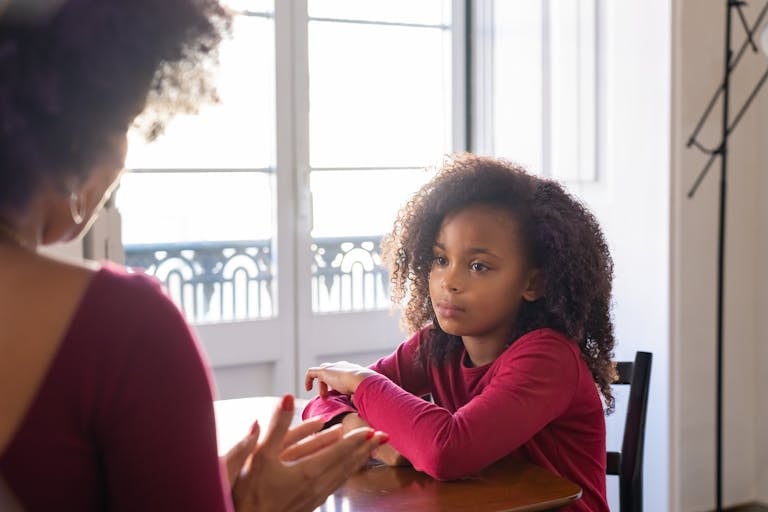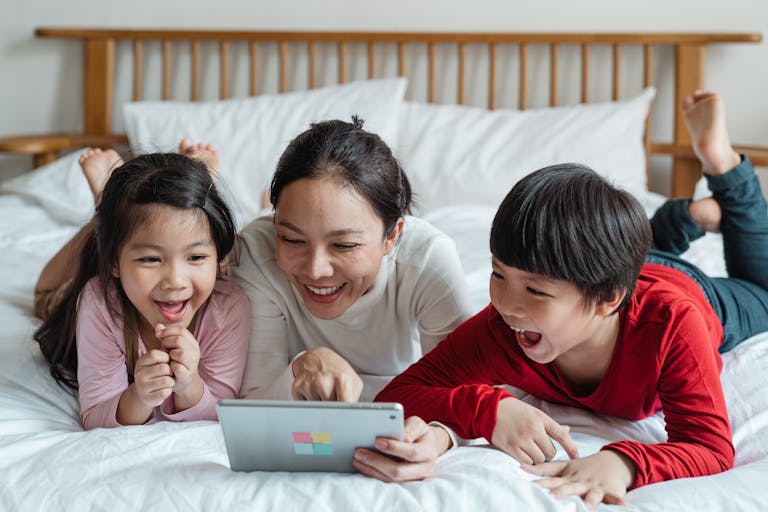Picture this: You’re explaining to your child why they must clean up their toys when you realize your bedroom looks like a laundry bomb went off. This is an example of situations where your actions are a model for your children. Or maybe you’re lecturing about the importance of keeping promises while secretly hoping they don’t remember you said you’d build that fort “tomorrow” three days ago.
If this sounds familiar, you’re not alone! Every parent has experienced that moment when they realize their kids are watching everything—and we mean everything. Raising confident children isn’t just about what we tell them; it’s about what we show them through our actions and habits.
Personal discipline might sound like a fancy term, but it’s really about the small, consistent choices we make every day. Children who witness their parents following through on commitments, managing emotions calmly, and maintaining healthy routines learn invaluable lessons about self-control and confidence. The best part? You don’t need to be perfect—just intentional.
Ready to discover how your discipline can become your child’s confidence-building superpower? Let’s get started, why your habits matter more than you think, and how small changes can make a big impact for your whole family.
Introduction to Personal Growth
Personal growth is a lifelong journey, not just for adults but for children too. At its core, personal growth is about developing self-discipline, positive behavior, and life skills that help us become responsible, respectful, and resourceful members of our families and communities. When we practice positive discipline, we’re not just correcting behavior—we’re helping children build self-control, mutual respect, and a sense of personal power to serve them for life.
Jane Nelsen, a licensed marriage and family therapist, has long advocated for the importance of positive discipline in child development. By weaving positive discipline into our daily routines, we give children the tools they need to thrive: better academic achievement, stronger problem-solving skills, and a healthy sense of self-esteem. These are the building blocks of a confident, capable child who feels connected and valued.
The benefits of positive discipline go beyond the classroom or home. When children develop self-discipline and learn to practice respect, they become active, contributing members of their communities. They gain the skills to navigate challenges, make thoughtful decisions, and build meaningful relationships. In short, personal growth through positive discipline sets the stage for a lifetime of learning, development, and success.
Why Personal Discipline Matters in Parenting
Personal discipline is the ability to control impulses, stay consistent with values, and follow through on commitments even when it’s hard. For parents, this means everything from sticking to bedtime routines to managing their own emotions during those “sock rebellion” moments we all know too well.
Here’s the thing: children are natural observers. They absorb far more from watching our behaviors than listening to our words. You create a safe, predictable environment where your child can thrive when you demonstrate follow-through, emotional regulation, and consistent habits.
Research shows that children learn primarily through modeling. When parents exhibit self-control and discipline, children develop stronger executive function skills—the mental abilities that help them focus, follow directions, and juggle multiple tasks successfully. Concentrating on and completing a specific task rather than getting distracted helps reinforce these skills. These skills directly contribute to their confidence because they feel more capable of handling challenges independently.
Think of it this way: every time you choose to respond calmly instead of react or stick to a commitment you made to yourself, you’re making deposits into your child’s “confidence bank”. They’re learning that adults can be trusted, emotions can be managed, and goals can be achieved through consistent effort.
Parents can also model good self-management by prioritizing tasks based on their energy levels, which helps optimize performance and reduce stress.
What is Positive Discipline
Positive discipline is more than just a set of rules—it’s a philosophy that teaches and guides children rather than punishes them. This approach creates a classroom and home environment where positive behavior, respect, and self-discipline are encouraged and celebrated. Instead of relying on fear or control positive discipline helps children develop life skills, problem solving skills and good character.
Jane Nelsen’s positive discipline series gives parents and teachers a roadmap for raising respectful, responsible, and resourceful children. By understanding the five criteria of positive discipline—mutual respect, identifying the belief behind the behavior, effective long-term solutions, teaching critical social and life skills, and encouraging children to discover their power—adults can create environments that foster growth and self-control.
As a workshop leader and co-author, Jane Nelsen has helped countless families and educators develop the tools and strategies for positive discipline. When we focus on building self-discipline and respect, we help children develop the skills they need to succeed in life, both in and out of the classroom. Positive discipline isn’t just about correcting behavior—it’s about creating a foundation for lifelong growth and learning.
The Ripple Effect of Parental Self-Control
Teaching Emotional Regulation in Kids
Remember the last time your toddler decided to redecorate your freshly mopped floor with their spaghetti masterpiece? Your response taught them more about emotional regulation than any lecture ever could.
When you take a deep breath, count to three and respond with patience (even if you’re screaming internally), showing your child how to handle frustration. They learn that big emotions don’t have to lead to significant reactions and that setbacks are manageable, not catastrophic.
One helpful strategy is “stacking your triggers”—anticipating and mentally preparing for high-stress parenting moments. Maybe you know that the dinner-to-bedtime stretch is your danger zone. Having a plan for how you’ll respond when chaos inevitably strikes helps you stay grounded and model the emotional regulation you want to see in your kids.
Setting a Consistent Routine
Predictability is like a security blanket for children. Knowing what to expect makes them feel safer and more confident navigating their world. This doesn’t mean your schedule needs to be rigid—it means creating rhythms your family can count on.
Sticking to bedtime routines even when Netflix is calling your name might seem like a small thing, but it’s teaching your child about commitment and follow-through. They learn that some things are non-negotiable, not because you’re mean, but because consistency creates stability.
Start by identifying one or two routines that matter most to your family—maybe it’s eating breakfast together or having a device-free hour before bed. Build these habits gradually and celebrate small wins along the way. Your child will begin to anticipate and help maintain these routines, developing their sense of responsibility and accountability.
Practical Ways to Model Discipline for Your Kids
1. Start Small
You don’t need to change your entire life overnight. Instead, focus on small changes your kids can see. Maybe it’s putting your phone in a drawer during family dinner or following through on that promise to take a daily walk.
The key is choosing changes you can maintain. Children need to see progress, not perfection. When they watch you make small positive choices, they internalize that change happens gradually and every effort counts.
2. Show a Growth Mindset
Mistakes are going to happen—probably daily if we’re being honest! The magic happens in how you respond to them. Instead of getting frustrated when you burn dinner, show your kids how to laugh at the mishap and pivot to takeout gracefully.
Talk through your problem-solving process out loud. “Oops, I got distracted and burned the chicken. What should we do? We could order pizza or maybe make sandwiches instead.” This teaches them that mistakes aren’t failures but opportunities to find creative solutions.
3. Prioritize Self-Care
Here comes the airplane oxygen mask analogy! Taking care of yourself isn’t selfish when your children depend on you—it’s essential. When kids see their parents making time for exercise, hobbies, or quiet moments, they learn that self-care is a regular, healthy part of life.
This might involve protecting your morning coffee time, scheduling regular workouts, or simply taking five minutes to breathe when you feel overwhelmed. Your children will learn that adults have needs, too, and that meeting those needs helps everyone function better.
4. Share Your Goals
Let your kids into your world a little bit. Share age-appropriate personal goals with them and give them updates on your progress. Maybe you’re trying to read more books, drink more water, or learn a new skill.
Children love being part of something bigger than themselves. Let them “check in” on your progress or even help you stay accountable. This teaches them that goal-setting is a regular part of life and that achieving goals requires consistent effort over time.
Creating a Supportive Environment
A supportive environment is the foundation for helping children develop self-discipline, positive behavior, and essential life skills. When children feel respected and encouraged, they are more likely to behave well and confidently take on new challenges. As a child counselor, I have seen firsthand how promoting mutual respect and allowing children to learn from their mistakes can transform their behavior and entire outlook on life.
Encouraging good behavior starts with modeling it ourselves and recognizing children’s efforts, not just their successes. We focus on developing problem-solving skills, self-control, and personal power to help children feel significant and connected to their family, school, and community. This sense of belonging is a powerful motivator for change and growth.
Jane Nelsen, a popular keynote speaker, often recommends creating environments where children can develop good character, achieve academic success, and strengthen their self-discipline. When we create a culture of encouragement and respect, we give children the space to grow, learn, and become the best versions of themselves—now and in the future.
How Personal Discipline Builds Confidence in Kids
Think of confidence as a savings account where small acts of discipline make regular deposits. Every time your child sees you follow through on commitments, manage difficult emotions, or maintain healthy habits, they learn that people can be trusted to do what they say they’ll do.
This internal trust extends to their belief in themselves. If Mom can stick to her exercise routine even when she’s tired, maybe they can finish their homework even when it’s hard. If Dad can stay calm during stressful situations, maybe they can handle the disappointment of not making the soccer team. Just as children learn from their parents’ routines at home, students benefit when teachers model self-discipline and consistency in the classroom, leading to better behavior and academic achievement.
Consider the simple act of giving children age-appropriate chores or responsibilities. When they complete these tasks repeatedly, they experience the satisfaction of follow-through. They learn they can contribute to their family and handle responsibility—influential confidence builders that serve them for life.
The beautiful thing about this “confidence bank” is that it compounds over time. Each successful experience builds on the last, creating children who approach new challenges with the expectation that they can handle whatever comes their way. Consistently modeling personal discipline leads to positive results – better behavior and greater confidence in children.
Nurturing Problem-Solving Skills
Helping children develop problem-solving skills is a key part of positive discipline. When we nurture these skills, we give children the tools they need to navigate life’s challenges with confidence and resilience. Encouraging critical thinking, self-control, and sound decision-making helps children become independent thinkers who tackle problems head-on.
Jane Nelsen, a licensed marriage and family therapist, recommends using experiential activities to help children practice problem-solving in real-life situations. Whether working through a disagreement with a sibling or figuring out how to organize their schoolwork, these experiences teach children the value of good behavior, mutual respect, and personal power.
Parents and teachers play a significant role in this process by encouraging children to reflect on their choices, consider different solutions, and learn from the outcomes. Creating an environment where problem-solving skills are valued and practiced, we help children develop self-discipline and a sense of responsibility that will serve them well for life.
Encouraging Children to Learn from Mistakes
Mistakes are a natural and valuable part of growing up, and positive discipline teaches us to see them as opportunities for learning, not reasons for punishment. Encouraging children to learn from their mistakes helps them develop self-discipline, problem-solving skills, and good character. It also fosters personal power and mutual respect, which are essential for healthy development.
Jane Nelsen, a workshop leader and co-author, emphasizes the importance of creating a supportive environment where children feel safe reflecting on their actions and trying again. By promoting a growth mindset, encouraging good behavior, and providing opportunities for thoughtful reflection, parents and teachers can help children feel significant, connected, and responsible.
When children are guided to see mistakes as stepping stones, not setbacks, they build resilience and self-control. They learn it’s okay to stumble if they get back up and keep trying. This approach helps children develop self-discipline and respect for themselves and others and prepares them to face life’s challenges confidently and positively.
Overcoming Challenges in Modeling Personal Discipline
Let’s be real—some days you’re running on coffee fumes and sheer determination. Maybe your toddler decided nap time was optional and launched a full-scale sock rebellion instead. Nowadays, your goal isn’t perfection; it’s simply making it to bedtime with everyone fed and relatively intact. When you’re struggling to keep your discipline, remember your efforts matter more than you think.
Break down overwhelming tasks into smaller, manageable steps. If your usual exercise routine feels impossible, maybe you do five jumping jacks with the kids. If meal prep seems insurmountable, perhaps you wash the dishes before bed. These everyday moments are also opportunities to teach children about right and wrong through positive guidance, help them understand their mistakes, and learn in a supportive way.
Consider enlisting the help of your partner, family, or friends. Sometimes, discipline is a team effort, and that’s okay. Children benefit from seeing multiple adults model healthy habits and support each other.
Most importantly, give yourself grace. No parent has it all together all the time. Your children need to see real humans, not perfect robots. When you stumble, show them how to get back up. When you’re tired, show them how to rest and recharge. These are just as valuable as the times when everything goes smoothly.
Ongoing education for parents is essential in learning new strategies for modeling discipline and supporting your child’s growth.
Build Your Family’s Foundation of Confidence
Personal discipline isn’t about being a perfect parent – it’s about being intentional. Every small choice you make to follow through, stay calm, or take care of yourself teaches your children valuable lessons about confidence, self-control, and resilience.
Remember, confidence in children grows through consistent experiences of trust, safety, and capability. You’re providing all three when you model discipline in your own life. Your children learn they can trust you to follow through, they feel safe because you manage your emotions well, and they develop their sense of capability by watching you tackle challenges with persistence.
Start small and be patient with yourself. Pick one habit you’d like to model more consistently – staying off your phone during meals, maintaining a bedtime routine, or responding to stress with calm problem-solving. Focus on that one change until it feels natural, then add another.
Your journey towards greater personal discipline will have ups and downs, just like any worthwhile endeavour. The key is to keep showing up, trying, and believing your efforts matter. Because they do—probably more than you’ll ever fully know. So, what’s one habit you can change this week?
